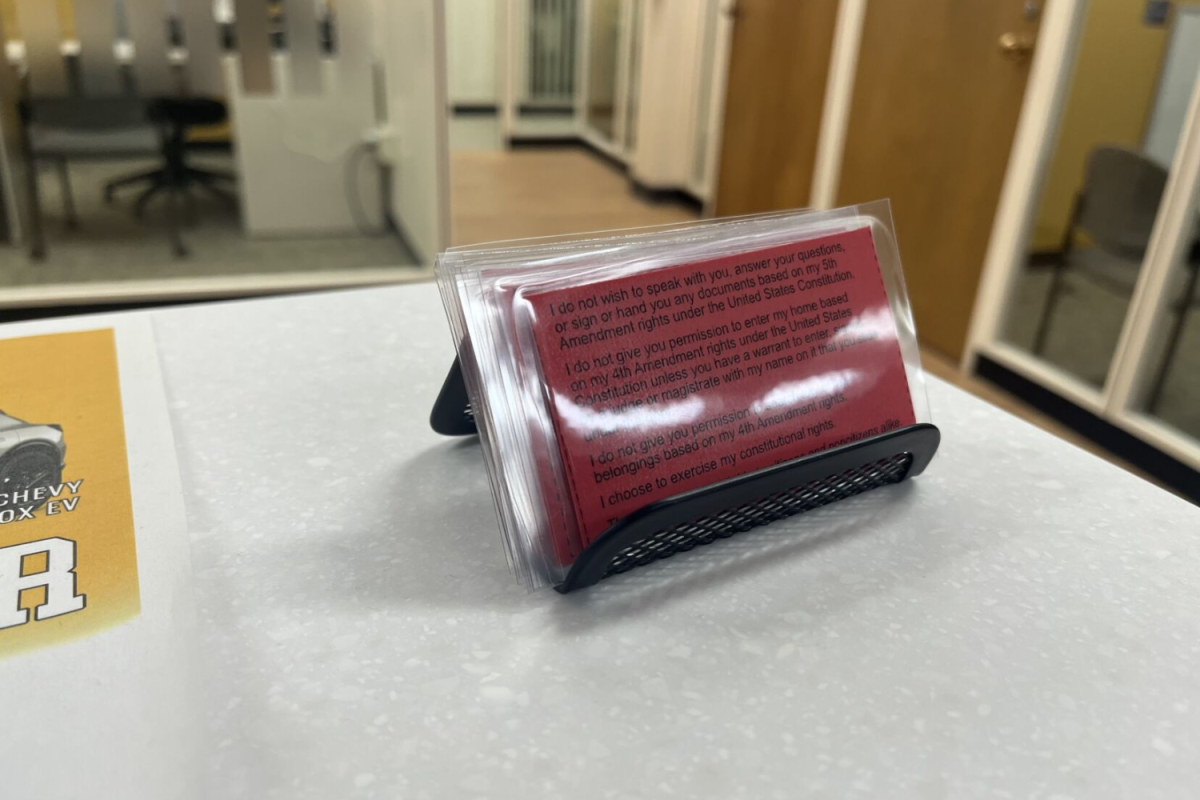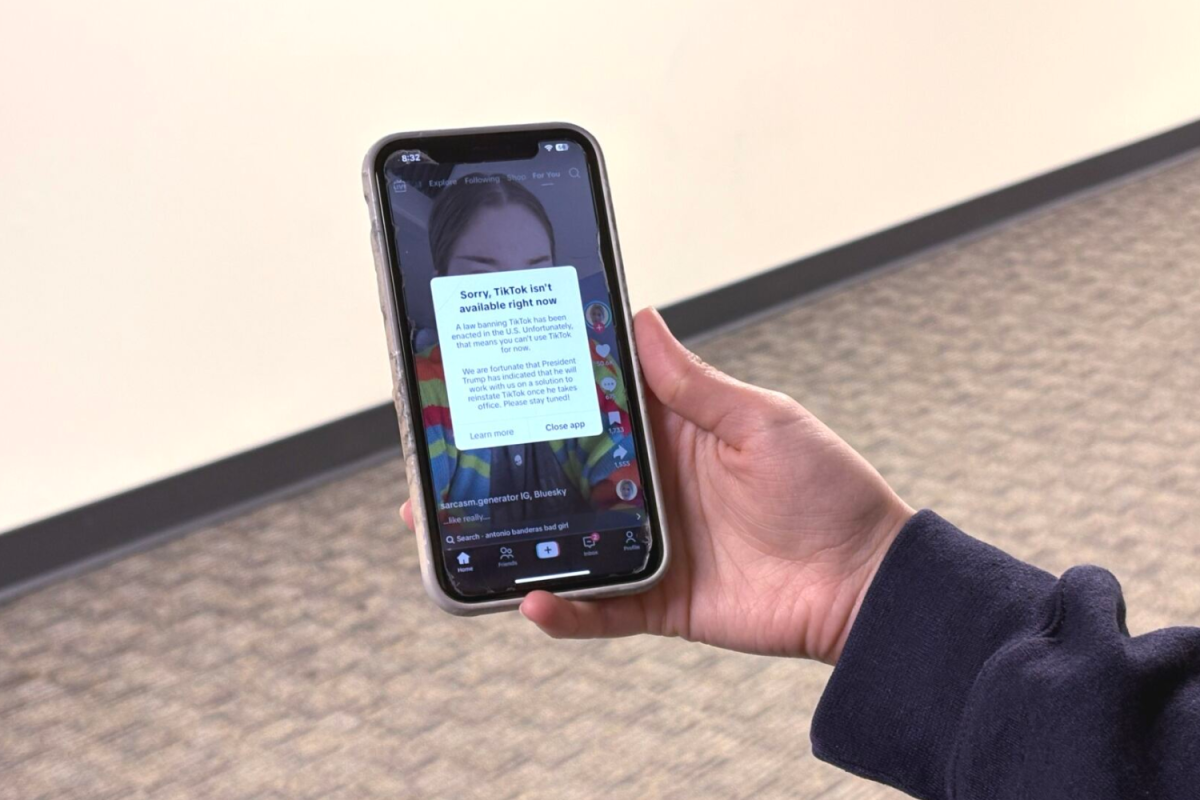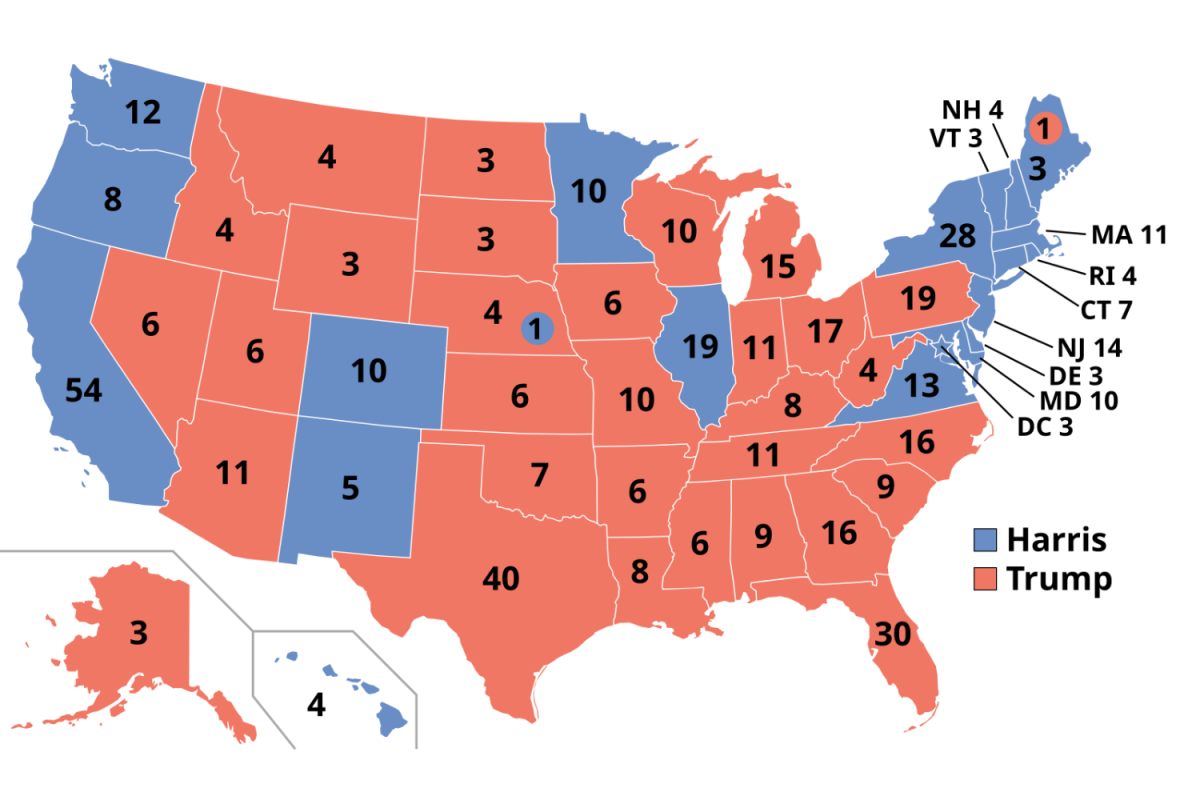BW Prof and Rats Team Up to Research Artificial Sweeteners
“No comment,” said the rats.
Have you ever wondered what all those artificial sweeteners do to your body? Clare Mathes, associate professor of neuroscience at BW, has been conducting research to discover the effect of artificial sweeteners, like Splenda, on the chemistry of the brain and the development of certain behaviors.
“What I’m modeling per se,” Mathes said, is “if little kids drink a bunch of Diet Coke, how does that affect how they ‘like’… real sugar in the future.” When you consume artificial sweeteners – the major difference from real sugar being the lack of calories, according to Mathes – you trick your body into thinking you’ve consumed sugar, so insulin is released. However, since the sugar isn’t real, the insulin is ignored. If that happens a lot, then the insulin messages continue to get ignored, and later in life that can lead to complications like Type 2 diabetes and weight gain.
Mathes has had a little help conducting this research using some furry friends. “I use rats as models, male and female rats… because they have basically the same brains as we do, they have the same neuroanatomical structures, neuro chemical business, and they behave very similar to us,” Mathes said.
According to Jeffrey Zahratka, a professor in the neuroscience department, Mathes’ research is unique for being the only neuroscience research being conducted here at BW on non-human animals. Zahratka said that he is researching genes that cause dementia in worms and another professor is conducting concussion research on student athletes.
Mathes and her team found that rats who consumed artificial sweeteners in their developing stages lick foods with higher concentrations of fructose more avidly and may seek out sweeter foods than those who didn’t. She has also found that female rats who were given artificial sweeteners in early life experiences tended to gain more weight later in their lives than other female rats.
Studying rats does come with its complications. According to Mathes, since rats can’t tell scientists what they’re thinking, a lot of what’s going on must be interpreted from their behavior. But she prefers working with rats to working with humans.
“Humans lie, humans don’t show up; no, I don’t want to work with humans,” Mathes said. “Yes, it is conceptually challenging to work with animals because you have to infer their perception from their behavior… but rats don’t lie.”
Next, Mathes hopes to test the effects of artificial sweeteners on the tongue receptors of these rats. She will collaborate with Victoria Shier, a scientist from the University of Southern California, on this research, and hopes one of the students connected with the project will be able to work with Dr. Shier in the winter.
The Exponent is looking for financial contributions to support our staff and our newsroom in producing high-quality, well-reported and accurate journalism. Thank you for taking the time to consider supporting our student journalists.






























